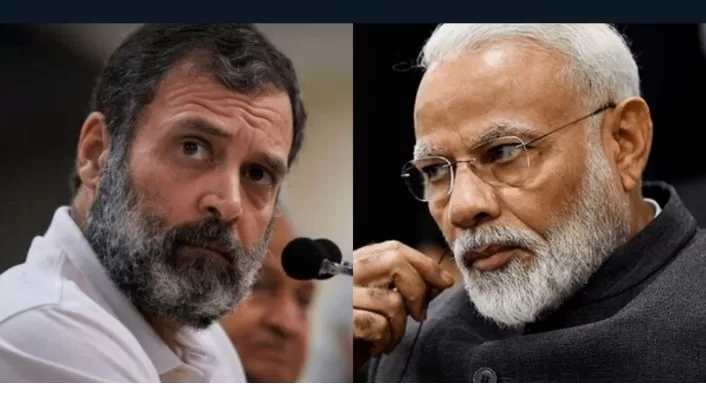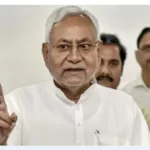Two out of the five Indian states, slated to elect new legislatures this month, commenced their voting process on Tuesday, marking a pivotal assessment of Prime Minister Narendra Modi’s prospects for securing a third term in the impending national elections scheduled by May.
Prime Minister Modi, along with leaders from the principal opposition party, the Congress, spearheaded by Rahul Gandhi, extensively traversed the five states, fervently engaging in campaign rallies and pledging a gamut of incentives, such as financial grants, agricultural debt relief, subsidies, and insurance coverage, in a concerted effort to entice voters.
Gandhi has diligently worked to rejuvenate the Congress party’s prospects since its resounding defeat in the 2019 general elections, and he has played a crucial role in forging a coalition comprising 28 regional parties to present a more formidable challenge to Modi’s Bharatiya Janata Party (BJP) in the 2024 elections.
Nevertheless, public opinion surveys indicate that Modi remains popular even after a decade in power and is likely to secure a third term.
The newly formed opposition alliance, known as the Indian National Developmental Inclusive Alliance (India), has not managed to extend its unity to the state elections taking place this month, primarily due to local rivalries, providing the BJP with an advantage.
Over 160 million eligible voters, approximately one-sixth of India’s total electorate, are participating in the regional polls, conducted in four phases until November 30. The votes cast in all five states will be tallied on December 3, with results expected the same day.
The electoral contest in the states of Rajasthan, Madhya Pradesh, Chhattisgarh, Telangana, and Mizoram primarily boils down to a showdown between the BJP and the Congress.
“We are confident in securing a majority in all states,” affirmed Raman Singh, a prominent BJP leader and former chief minister of the resource-rich central Indian state of Chhattisgarh, which is going to the polls on Tuesday alongside Mizoram in the northeast.
Singh emphasized that Modi’s recent decision to extend a free food grains program by five years will enhance their electoral prospects. He asserted, “The BJP faces a challenge, but the results will demonstrate that the electorate is not inclined to experiment and places its trust in Modi’s stable governance.”
Opinion polls indicate closely contested battles, particularly in the heartland states of Rajasthan, Madhya Pradesh, and Chhattisgarh, where Congress governs two and BJP one.
Sachin Pilot, a senior Congress leader, underscored the significance of the state elections’ outcomes before the 2024 polls as a barometer of the overall public sentiment. He anticipates that these results will significantly aid the opposition alliance in refining its messaging, enhancing coordination, and bolstering its leadership. Pilot further emphasized the objective of securing victories in all five states, asserting that Modi’s perceived failures in generating employment, addressing rural hardships, and exacerbating communal divisions will lead to the BJP’s defeat.
By Reuters







